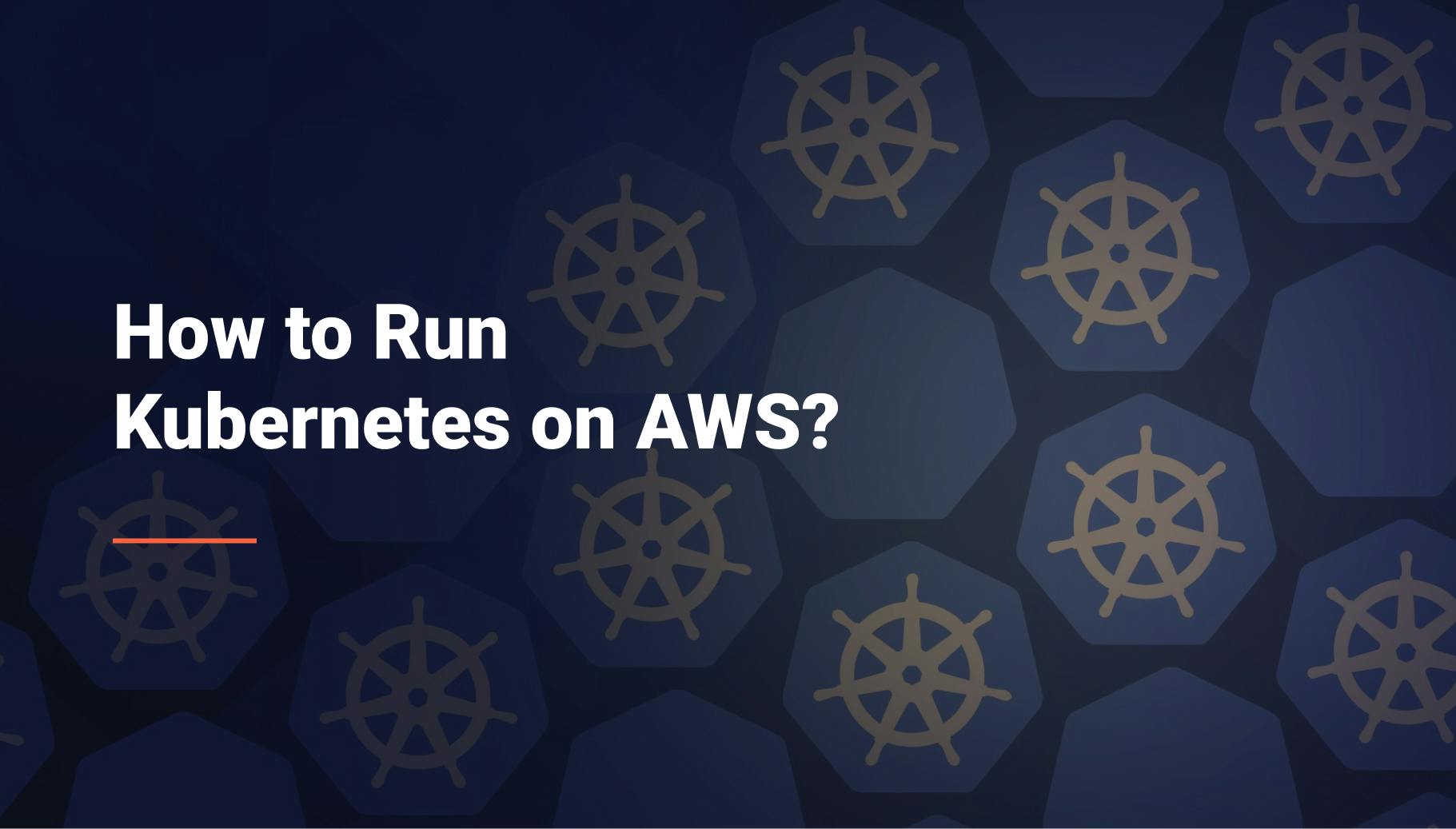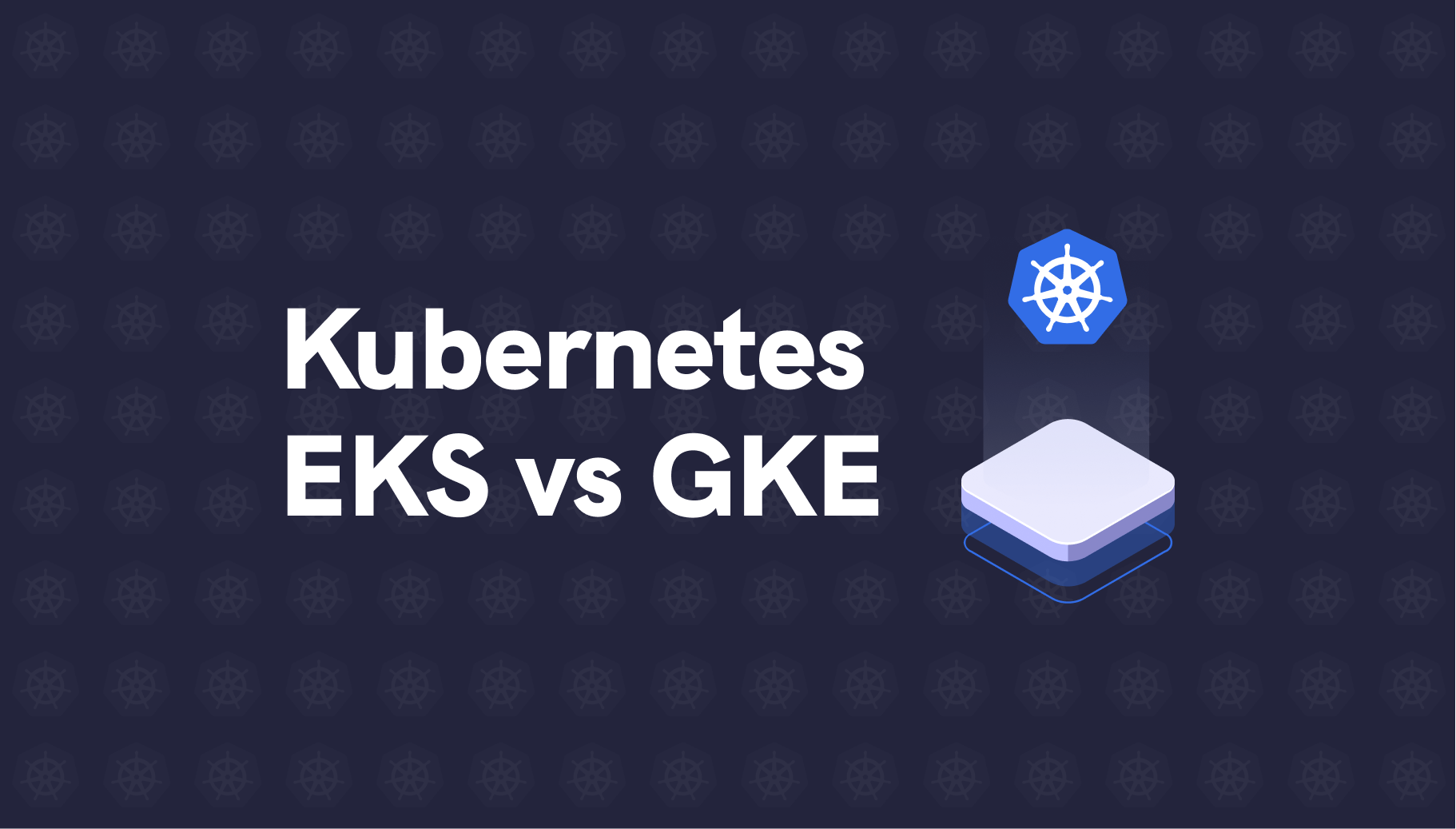Should you use Kubernetes for your Startup?
Developers love containers for their portability and flexibility. Suitable for today’s cloud-native environment and agile development requirements, containers make it super-fast to develop, test, and run applications. Besides this, they are lightweight and can optimize the platform (and the host OS) they are deployed on.
Now, for powerful applications with hundreds of containers, the platform should also be portable, flexible, extensible, and efficient. It should allow managing containerized workloads and services to support modern applications effortlessly. Kubernetes, the famous container orchestration platform, makes the best choice in this regard.

Morgan Perry
February 16, 2022 · 5 min read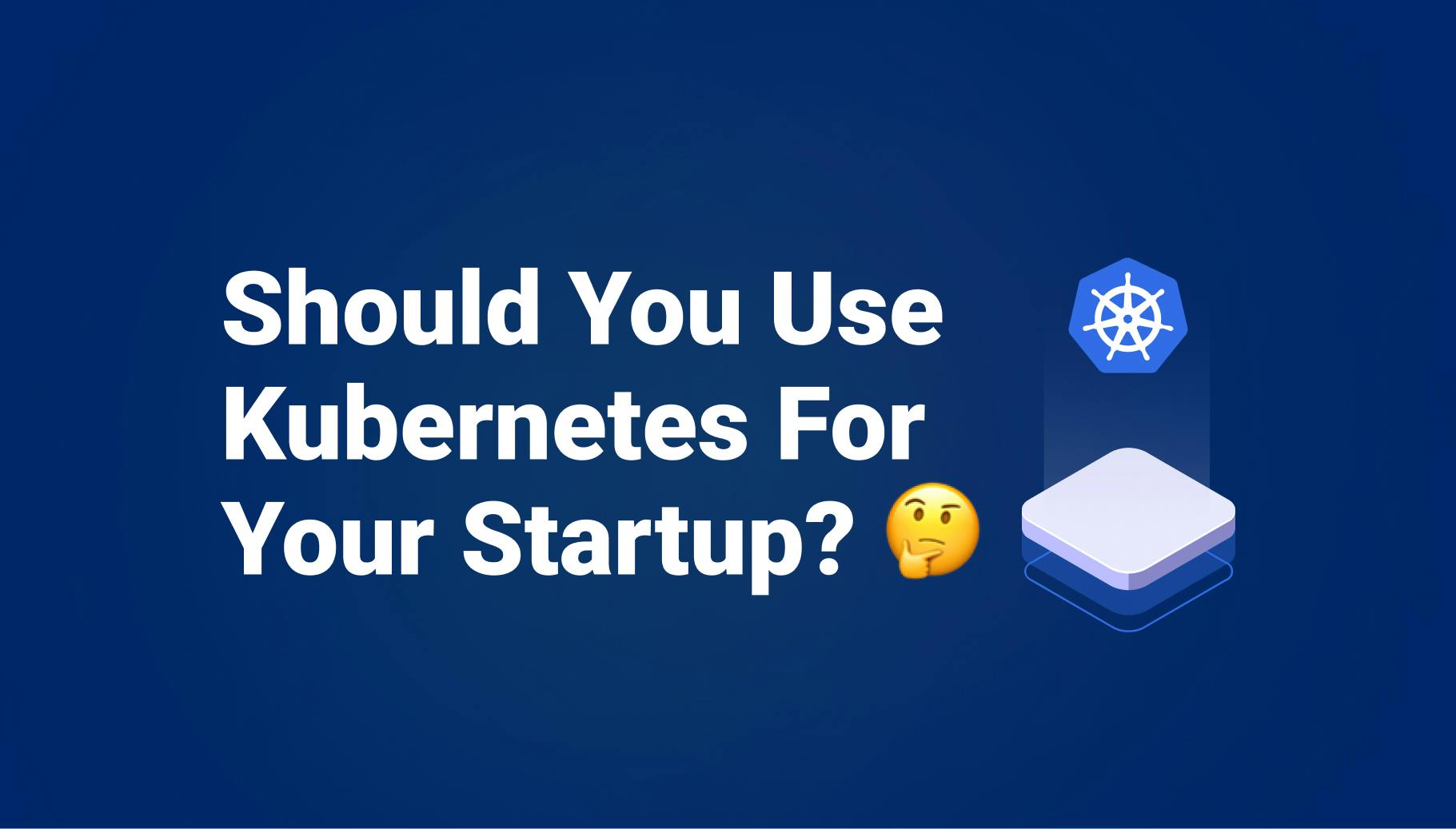
Kubernetes, or k8s, is an open-source project launched just 7 years back. It has gained unbelievably-fast traction in the developer community in such a short time. Be it development, scaling, management, deployment, or testing, Kubernetes architecture and design has great features to solve the problems related to all operations that have troubled developers for years.
New to Kubernetes or still confused about whether to move to Kubernetes or not?
This article will surely help you out. Read further to know how Kubernetes benefits growing startups and when it makes a reliable option for a company (vs. when it doesn’t).
#4 Benefits of Kubernetes for Startups
Startups are growing ecosystems. If such organizations opt for legacy solutions to host their applications, the business growth, app functionality, and many other operations will take a toll. You will have to battle with limitations and restrictions at every step.
Kubernetes enables startups for unlimited extensibility and gives them a horizon to rise. Above that, it greatly reduces the hosted solutions' maintenance requirements to a great extent.
The four major advantages of Kubernetes for growing companies are:
#Scalability
Applications running on Kubernetes opt for microservices-like architecture. There are pods, services, and containers that allow limitless scaling to prevent infrastructure lock-ins. This implies you are not bound to a fixed storage size to run your applications and store application data.
Not just scaling in terms of app size, you can keep your containers across various hosts to achieve performance, load balancing, and budget benchmarks for your applications.
Kubernetes also allows automatic scaling as per the active workload for your application, meaning that it can deploy more Pods when your application is receiving higher traffic (through HorizontalPodAutoscaler). So, it helps in avoiding bottlenecks and maintenance too.
Concisely, scaling with Kubernetes is faster, performance-oriented, and hassle-free for developers (but requires to follow a steep learning curve).
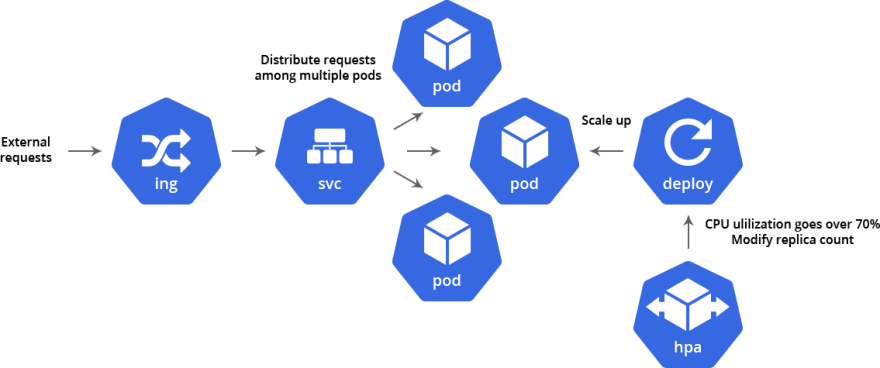
#Development Speed and Productivity
One can set up separate development and testing environments to develop fast when Kubernetes is in use. Experts find it a more productive way to build and deploy apps as it allows development in a cloud-native environment.
With Kubernetes, developers can utilize GitOps, a tool for cluster management and application delivery, to follow a seamless and faster app development cycle. Enabling communication between services and app components is also accessible in Kubernetes.
If you don’t know, GitOps allows you to change control and improvements in a Kubernetes stage through a Git-powered set of strategies. It is a great way to develop the Kubernetes application. You can follow an open-ended way to maintain app life cycles instead of following the waterfall model or other legacy approaches.
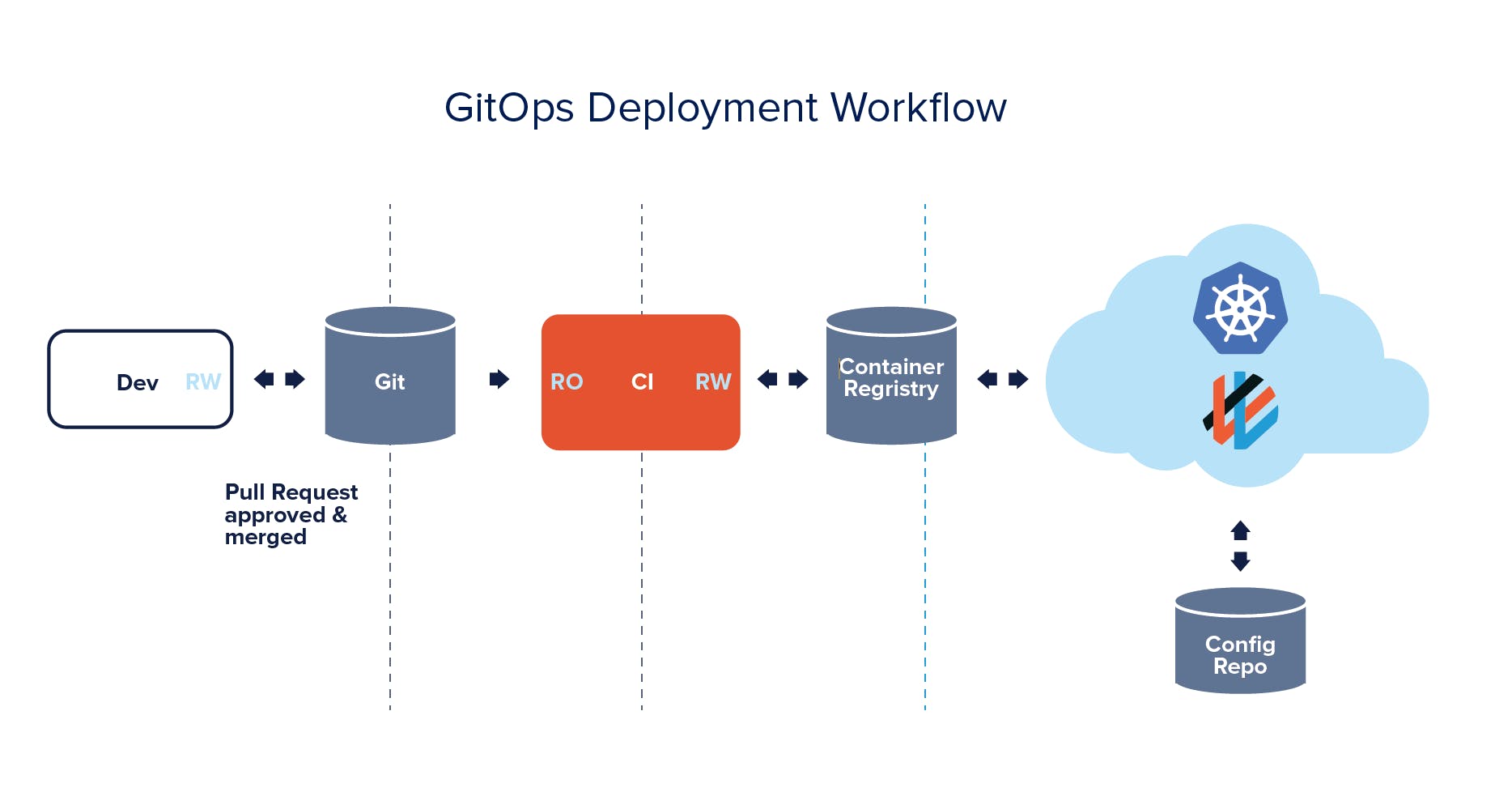
#Flexibility and Portability
Want to use public clouds, virtual private clouds, on-premise physical servers, multi-cloud environment, or multi-cluster network? Kubernetes is fine with every kind of container runtime.
The platform gives you the flexibility to develop, deploy, test, and maintain your applications without worrying about the underlying infrastructure. Through containers, it frees the applications from convention OS binding.
Also, migrating your applications from one host OS to another is not the hectic-most thing in the world anymore. Your Kubernetes applications have no network architecture dependencies, so porting them through clusters, hosts, or platforms is smooth.
#It is Future-proof
Kubernetes is a very efficient platform and is perfect for organizations that want to be future-ready. Developed by Google, it is a well-maintained, cutting-edge, reliable, and trusted container orchestration solution that is being used by thousands of companies, developers, and development agencies.
Not only scaling but updates and app health monitoring can also be done with Kubernetes. Additionally, auto-restarting, auto-replacement, auto-healing, and other automated maintenance features make things easier for you in the long run. Rollouts, rollbacks, load-balancing, app secrets (tokens and keys) management, bin-packing - its capabilities are endless.
All in all, it is a future-proof solution that you can use for decades.
#When You Should Use Kubernetes
Kubernetes makes a great development and deployment environment for:
- Growing Startups: If you plan to scale faster and grow massively while expanding your solution, Kubernetes is a great deal for you. It is suitable for large teams as it allows various departments or individuals to use the same space without clashes. Multiple environments, multiple clusters, multiple namespaces allow great division of your development infrastructure.
- Complex Apps with Automation Needs: As the platform has great automation capabilities and supports Containers, big projects with multiple containers needing automation should ideally be started.
- Modern Applications or For Transition to Modern Architecture: If your legacy application is being shifted to microservices architecture or you are developing an app that follows the microservices architecture, Kubernetes should be your preferred choice. It is especially suggested for businesses or developers who already use Docker (or a similar solution) for app containerization.
#When you shouldn’t use Kubernetes
Kubernetes is amazing, but not for all. Sometimes, it can burden you with extra costs and unnecessary capabilities that your app might not even need. It also requires developers to follow a steep learning curve.
You can skip shifting to Kubernetes, if:
- You are a Small Engineering Team: Let’s say, you are a team of 5 developers and require limited scalability for the project. Investing your time, effort, and money in setting up Kubernetes should be avoided.
- Your Web App is Simple and Straight-forward: For an application that does not need expensive resources or high-level services, using Kubernetes is undoubtedly overkill.
- Conventional solutions: Using an old-school architectural approach, Kubernetes won’t add any value for applications built without a large microservice environment. However, if you are thinking of converting this legacy app into a containerized one, you can plan to move to Kubernetes after improving its code.
#
#Conclusion
Kubernetes is a fantastic development aid for projects that require scaling over time, alongside seamless portability. For tech startups and growing companies, it allows setting up multiple development environments and ensures faster app delivery. Though Kubernetes deployment requires money, effort, and time when you adopt it, the platform is worth your attention and utilization for the capabilities it offers. And as it is a future-proof and modern orchestration solution that performs well, you won’t regret opting for it.
#
Looking for the most developer-friendly way to run Kubernetes? Try out Qovery!
Kubernetes is the best container orchestrator but lacks simplicity for most developers. Qovery makes it easy for any developer to seamlessly deploy an application in a repo to AWS - by empowering Kubernetes behind the scene.
You can see Qovery as a tool that can help accelerate the deployment of applications in Kubernetes clusters while providing a great developer experience to deploy and manage your apps on AWS.
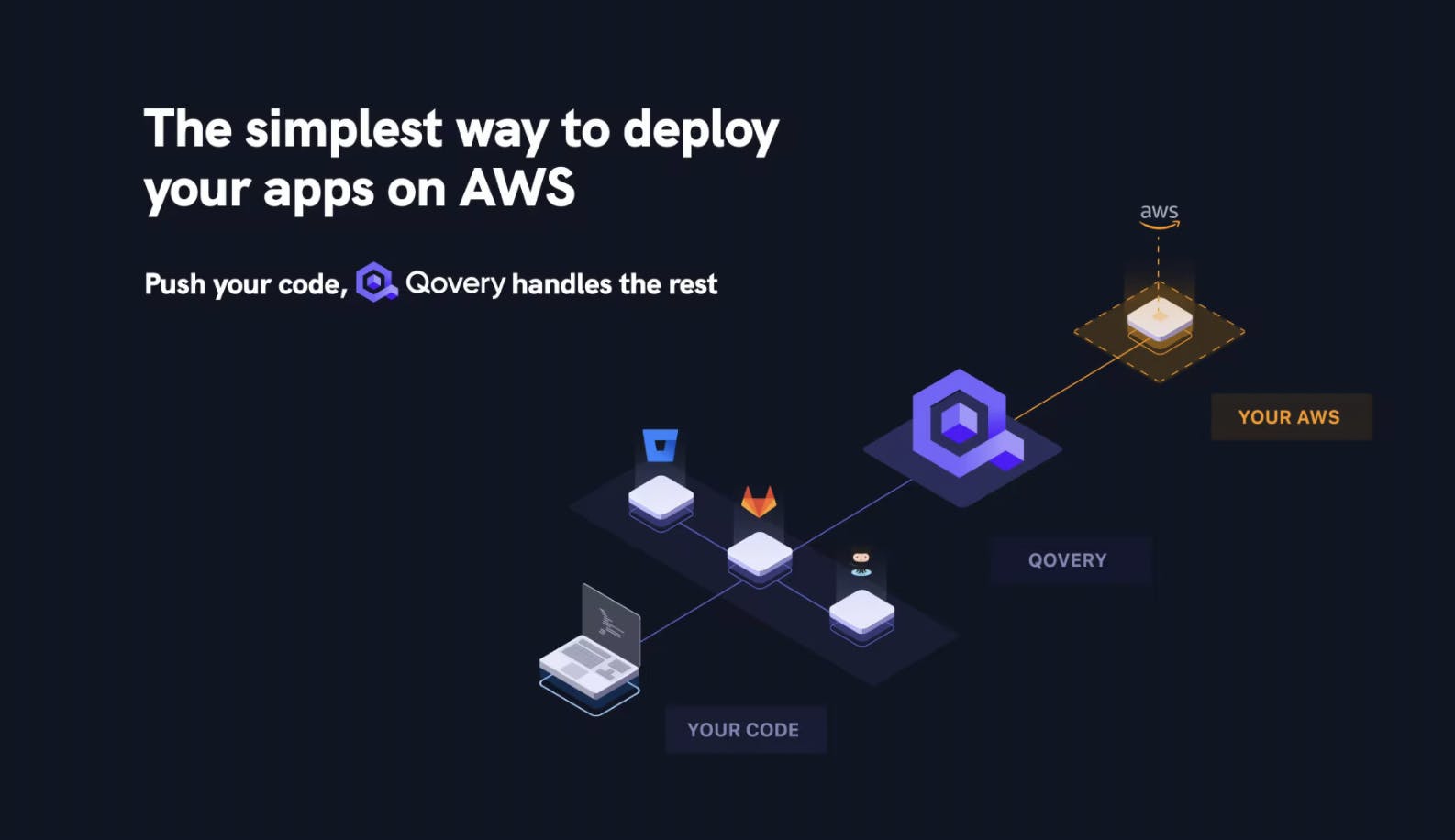

Your Favorite DevOps Automation Platform
Qovery is a DevOps Automation Platform Helping 200+ Organizations To Ship Faster and Eliminate DevOps Hiring Needs
Try it out now!
